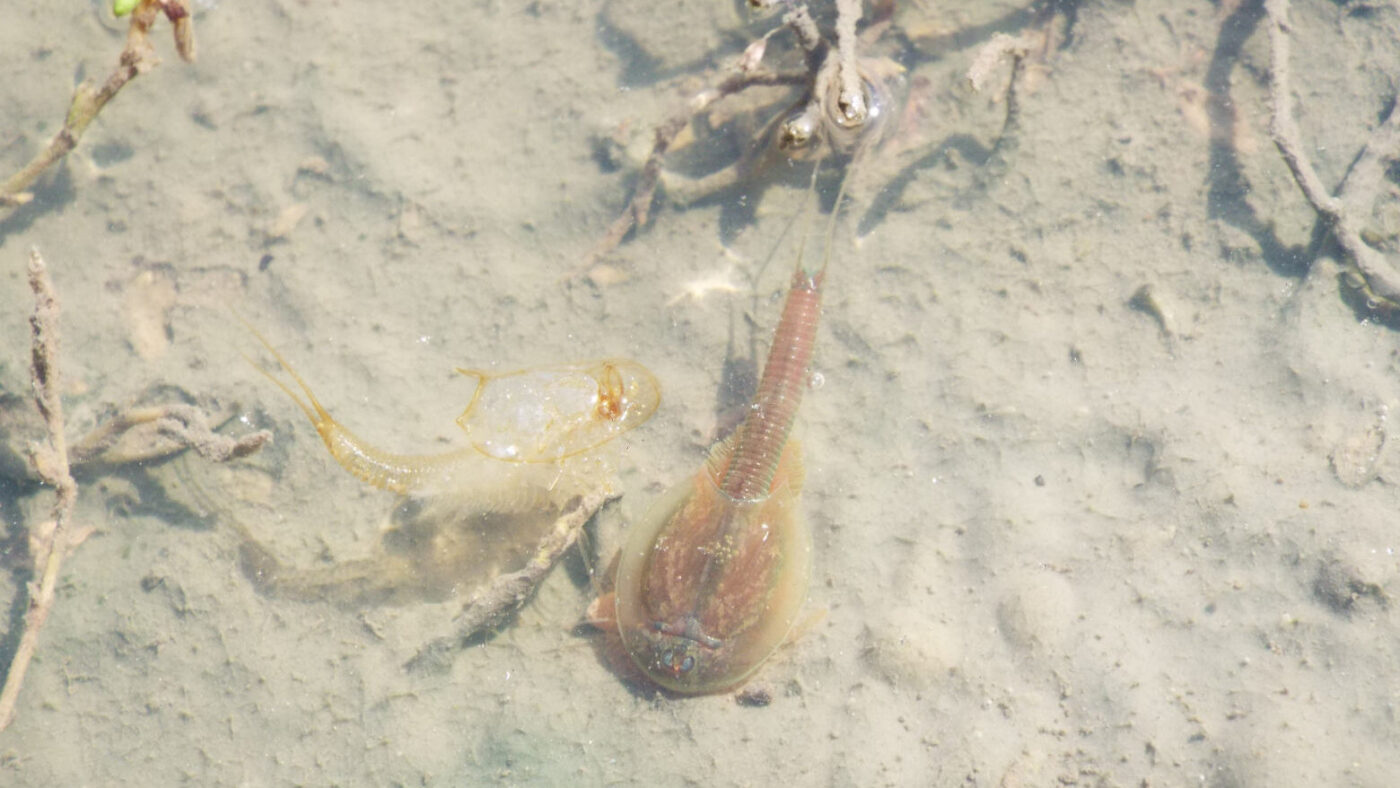Guide
What are invertebrates: Diversity beyond vertebrates
The animal world is a wonderful mosaic of countless species that exist in the most diverse habitats on our planet. While vertebrates such as fish, birds, mammals and reptiles are often in the spotlight, there is an amazing group of creatures that are just as fascinating and important to the ecosystem: invertebrates. But, what are invertebrates actually? In this blog post, we take a look at the world of invertebrates.

What are invertebrates?
Invertebrates are animals that do not have a backbone or spine. Unlike vertebrates, which are characterised by their internal support structure, invertebrates rely on other anatomical features to maintain their body shape. This diverse group includes an enormous range of life forms, including insects, spiders, molluscs, crustaceans, worms and many others.
What are invertebrates: The diversity of invertebrates
The biodiversity of invertebrates is breathtaking. They range from tiny, barely visible organisms to striking, colourful creatures. Here are some of the most impressive groups of invertebrates:
- Insects: With over one million described species, insects are the most species-rich group of animals on Earth. They colonise almost every habitat and fulfil important functions such as pollination, decomposition of organic material and food chain regulation.
- Spiders and scorpions: Arachnids, which include spiders and scorpions, are known for their fascinating hunting strategies and web constructions. They play a crucial role in controlling insect populations.
- Molluscs: These include snails, mussels and squid. They often have a protective shell or an inner skeleton and are found in different habitats such as sea, freshwater and land.
- Crustaceans: Crustaceans include crabs, lobsters, shrimps and many others. They inhabit both the sea and inland waters and are important links in marine food webs.
- Worms: Worms, including earthworms and annelids, contribute to soil aeration and mixing. They are of crucial importance for soil fertility and thus for agriculture.
Ecological importance of invertebrates
Although invertebrates are often overshadowed by the charismatic vertebrates, they are of immense importance to the functioning of ecosystems. They perform a variety of roles, including pollinating plants, decomposing organic material, providing food for other animals and regulating pest populations. Without invertebrates, many ecosystems could collapse.
Challenges for invertebrates
Unfortunately, invertebrates are often severely affected by environmental changes and human activities. Habitat loss, pesticide use, pollution and climate change threaten many species. The loss of biodiversity among invertebrates could have far-reaching consequences for the entire ecosystem.
Fascination and research
The study of invertebrates is a fascinating endeavour that continues to yield new discoveries. Their amazing adaptability, complex behaviours and evolutionary developments offer rich fields of research for biologists, ecologists and other scientists.
Overall, the world of invertebrates reveals an amazing diversity and beauty that needs to be protected and preserved. As the basic building blocks of ecosystems, they deserve our attention and appreciation because their survival is closely linked to the well-being of our planet.
- Triops – Survivors of prehistoric times, heroes of the universe - 17. April 2025
- Aquaristics in Italy – Underwater passion between the Dolce Vita and the Mediterranean - 12. April 2025
- Palaeontology: Giant penguins discovered in Peru - 2. April 2025